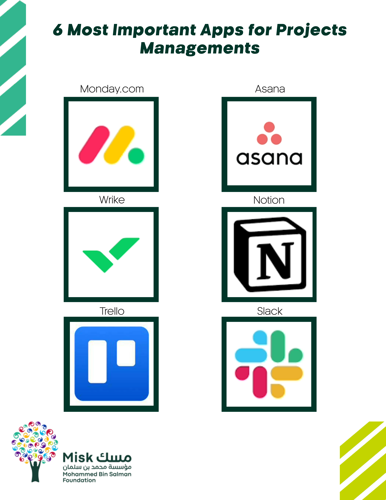
To be deemed successful and responsible for maintaining a culture of change, The leader is expected to have skills in planning, coordination, marketing, monitoring, production, and change management. This makes such leaders essential for a sustainable work environment. So, how would such leaders deal with their team through a business strategy which is nowadays considered the backbone of global markets?
According to a study by remote work expert and Harvard Business School associate professor Dr. Prithwiraj Choudhury, office-based work is expected to become a "passé fashion" globally within the next 10 years. That came with stressing that companies that rely on traditional offices are going to lose their most skilled employees.
As a result, many companies today are hiring remote teams, gaining advantages such as reduced office operating costs and the ability to select a diverse talent pool.
Building a team composed of individuals in various locations might not seem easy as remote work poses challenges before the team leading. however, there are benefits that would make it up to them.
How to lead a remote team?
Planning should come at the top of a leader’s priorities. According to Antoine de Saint-Exupéry, “A goal without a plan is just a wish.” Thus, a remote team leader without a plan is a leader who plans the failure of their team. There must be a business plan that answers the following questions:
Effective communication skills come after planning on the leader’s list. Communication is key to personal and professional success as defined by Paul Meyer. It is also vital that the leader clearly allocates tasks and looks at the employees’ lives outside work, for this helps them know their employees’ points of strength, understand the challenges they face, and create new opportunities for them. Moreover, adopting positive behavior could build a special and effective team.
5 Tips for Training Leaders to Work with Remote Teams:
To succeed in leading remote teams, leaders need a combination of skills according to Katz’s three-skill approach presented on a website related to human resources as follows:
1- Technical Skills:
This set of skills consists of using technical tools, technologies, and programs to automate workflow, maintaining job satisfaction and encouraging employees to achieve their personal and professional goals.
2- Interpersonal Skills:
This set allows the leader to understand employees’ behaviors and have a closer look at their abilities through continuous communication, motivation, development, and meeting their professional needs.
3- Cognitive Skills:
For a business to succeed while working remotely, the leader must possess influencing skills, coordination, and communication skills, in addition to problem-solving abilities to face the challenges emerging in remote working environments. The leader also must have a vision about the new job requirements that could appear in such work environments.
While remote work offers numerous benefits, there are potential challenges and pitfalls that leaders should avoid, such as:
1- Neglecting Ongoing Training:
Lack of training is an issue that can impede a company's progress. Leaders must ensure that remote employees have access to training courses relevant to their roles to make sure they know what’s crucial.
2- Inadequate Assessment:
Before hiring someone for a remote position, leaders must assess their skills and determine if these skills suit remote work. They should also consider whether the employee has another job or is fully committed to remote work. All of this helps the leader to make sure that the potential employee is capable of doing their job.
3- Lack of Effective Communication Tools:
Leaders should provide all employees with communication tools that facilitate interaction. There are many helpful tools for that purpose like Slack, Asana, and Trello that can help streamline communication and task management between team members.
4- Ignoring Timelines:
Remote workers often excel in productivity and achieve a lot of objectives; however, this doesn’t make setting clear timelines any less important. Leaders should establish schedules to monitor each employee's work and ensure tasks are completed on time.

In conclusion, leaders should understand that the success of remote work largely depends on their flexibility. The reason some people prefer remote working is the fact that they like freedom and flexibility; hence, it is essential for leaders to be realistic and to embrace flexibility, transparency, and objectivity.